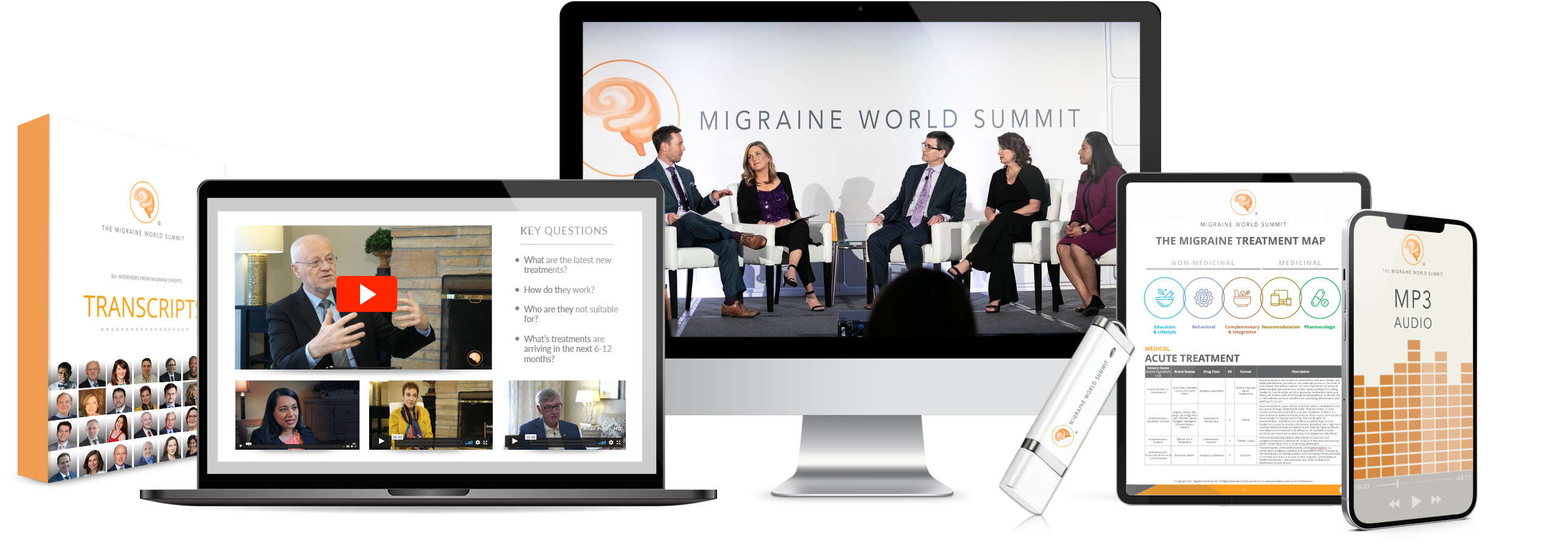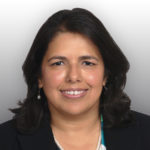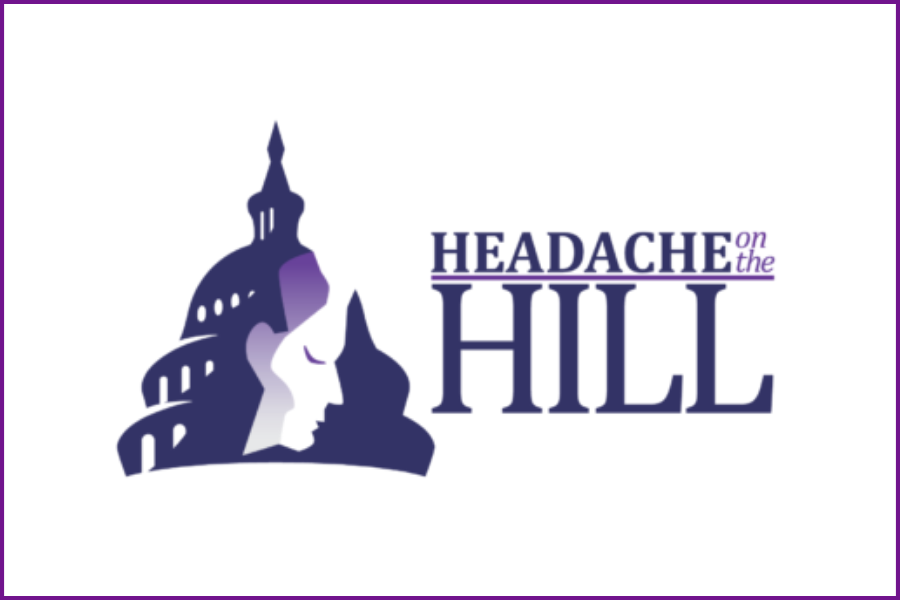Women’s Health Inequities and Migraine
You are currently watching a preview of this interview. Unlock the full version by upgrading to an Access Pass bundle! Get FREE access to 8 expert interviews from Day 1 and Day 2 when you register today!
Key Questions
- Why did Dr. Mallampalli pursue her career path as a women’s health advocate?
- What should women be aware of regarding how they’re treated in a health or medical setting?
- What barriers do many women face when they’re seeking health care?
- How has the pandemic affected women’s health and accessibility to support and care?
- How can women with migraine handle the barriers they face when they’re seeking health care?
- How can women improve their own health?
- How does self-advocacy translate in the doctor’s office?
- What work is being done at the policy level to fill the gaps in women’s health?
- Are the access issues that many women with migraine face also experienced by women with other diseases?
- What can we learn from how other disease spaces are tackling similar issues?
- How does stigma play a role in preventing change?
- What policy-related efforts are currently under way in the migraine space?
- Why does policy change take time?
- What role do women have in research studies today, and how has it changed?
- What is happening in the sleep space relating to women?
- What are the issues and challenges for women who are talking about their pain in a health care setting?
- Are there medications that can affect women differently than men?
- How can researchers include include more women in clinical trials?
- How long does it take for basic research to translate into tools for doctors and general practitioners to use?
- What improvements have we seen in migraine research?
- What can we do, as patients, to further migraine research?
- What is HealthyWomen, and what is its mission?
Interview Notes
Find more about Monica P. Mallampalli, PhD and her work here:
- Black Maternal Health Momnibus Act
- Protecting Moms Who Served Act
- Headache on the Hill
- Association of Migraine Disorders
- CHAMP
- HealthyWomen
- Monica Mallampalli: LinkedIn, Facebook, Twitter
Treatments Mentioned
- Diet
- Exercise
- Infusions
- Injections
- Self-care
- Stress reduction
Please note: The Migraine World Summit’s aim is to bring you a variety of perspectives and expertise, independent of bias or judgment. Alternative theories presented in this video have not been medically reviewed. Views expressed in this interview do not necessarily represent the views of the Migraine World Summit. Please always consult your health care professional and do your own research before making changes to your treatment plan.

Monica P. Mallampalli, PhD
Founder and CEO
Institute for Women's Health Strategies

Purchase full access to the entire 2024 Summit to unlock:
- All expert interviews with separate audio (MP3) files & transcripts
- 30 extended, uncut interview editions with hours more expert footage
- Lifetime on-demand access with no annual fee to 2024 Summit
- Interview Summaries
- Treatment Directory & Guidelines
- And much more!
Related Talks for: Day 7 (2022)
Osmophobia: Scent-Induced Migraine
Frederick Godley, MD
Chronic Disease on Social Media: Helpful or Harmful?
Cynthia Armand, MD
Best Practices for Treating Children With Migraine
Scott W. Powers, PhD, ABPP, FAHS
Headache on the Hill (HOH) is an annual advocacy event in Washington DC organized by the Alliance for Headache Disorders Advocacy (AHDA). The 14th annual HOH event is planned for: March 22-23, 2021.

Explore our Interview Library by visiting the page from the bottom menu in the footer of each page. Discover answers from 200+ expert interviews. Watch previews of past interviews or get an All-Access Pass to any full Summit year.






